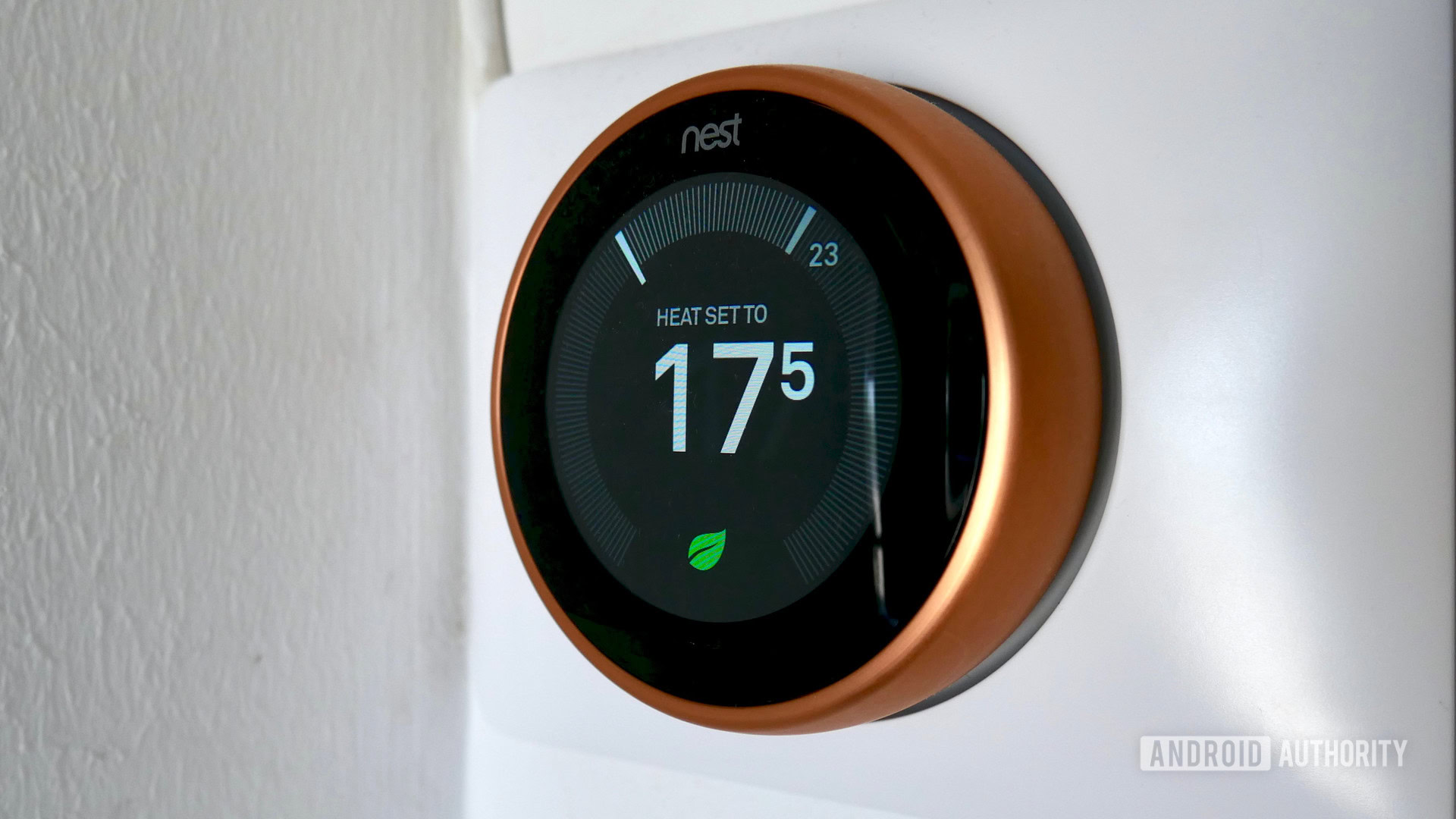- Регистрация
- 15 Февраль 2018
- Сообщения
- 15 708
- Лучшие ответы
- 0
- Реакции
- 0
- Баллы
- 1 295
Offline

TL;DR
- Google shut off remote control functionality in first- and second-generation Nest thermostats in October.
- After the downgrade, security researcher Cody Kociemba created a solution to bring these old Nest devices back online.
- Through the project, Kociemba learned that these thermostats are still sending Google data, despite the company ending support.
Update: November 17, 2025 (6:55 PM ET): Google has reached out to Android Authority and provided the following statement:
The Nest Learning Thermostat (1st and 2nd Gen) is no longer supported in the Nest and Home apps, but temperature and scheduling adjustments can still be made directly on the unit. These devices will soon be unpaired and removed from all user accounts. Diagnostic logs, which are not tied to a specific user account, will continue to be sent to Google for service and issue tracking. Users who prefer to stop providing these logs can simply disconnect their device from Wi-Fi via the on-device settings menu.
Original article: November 17, 2025 (11:54 AM ET): Back in October, we reported that owners of first- and second-generation Nest Learning Thermostats were getting tossed a lifeline after Google ended support. Rolled out earlier this month, a solution called No Longer Evil allows owners to restore the remote control functionality that was taken away by the downgrade. Through that project, however, the creator of No Longer Evil learned that your old Nest thermostat is still sending tons of data to Google, even though it’s no longer supported.
Don’t want to miss the best from Android Authority?


According to The Verge, security researcher Cody Kociemba created his open-source No Longer Evil project after taking on a bounty posted by FULU, a right-to-repair advocacy group cofounded by electronics repair technician and YouTuber Louis Rossmann. To develop the solution, Kociemba had to clone Google’s API. After creating the custom software, he started getting inundated with waves of logs from customer devices. Kociemba has since turned these reports off.
As it turns out, the unsupported thermostats were sending information such as manual temperature changes, whether a person is in the room, when sunlight would hit the thermostat, and so on. “On these devices, while they [Google] turned off access to remotely control them, they did leave in the ability for the devices to upload logs,” Kociemba told the publication. “And the logs are pretty extensive.”
In its end-of-support announcement, Google mentions that first- and second-generation Nest thermostats will no longer receive software and security updates. However, it also says that these devices “will continue to report logs for issue diagnostics.” This seems unnecessary if Google plans to no longer push updates to these devices.
“Although these logs can contain technical details such as HVAC error states, Google can no longer use that information to assist the customers who still depend on these thermostats, since support has been fully discontinued, even in cases of device failure,” Kociemba explains.
Thank you for being part of our community. Read our Comment Policy before posting.
